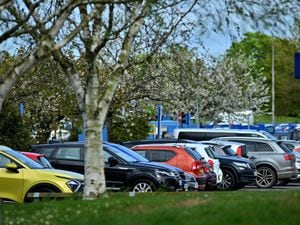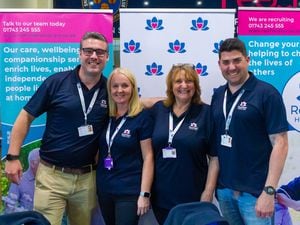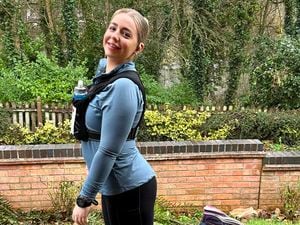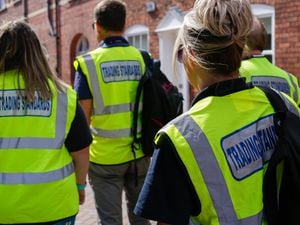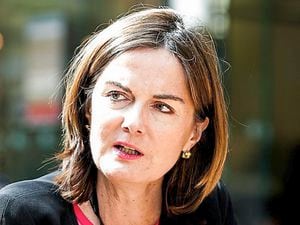Lost house keys and ingrown toenail - inappropriate 999 ambulance calls revealed by service
The Welsh Ambulance Service has revealed some of the inappropriate calls made to 999 in the past year.
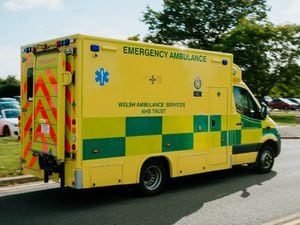
Among them was someone who had lost their house keys, someone with an ingrown toenail and someone who had cut their finger but didn’t have any plasters.
One person called 999 because they couldn’t sleep while another had run out of medication.
Of the 448,994 incidents recorded by the service last year, almost a fifth were non-urgent, including someone with hair dye in their eye.
The Trust is reminding people only to call 999 in a serious or life-threatening emergency.
Chief Executive Jason Killens said: “Our ambulance service exists to help people who are seriously ill or injured, or where there is an immediate threat to their life.
“That’s people who’ve stopped breathing, people with chest pain or breathing difficulties, loss of consciousness, choking, severe allergic reactions, catastrophic bleeding or someone who is having a stroke.
“People with an ingrown toenail still have a clinical need, but calling 999 for that is wholly inappropriate when there are so many other ways to access help.
“Some callers in the last year had no clinical need whatsoever – they’d lost their house keys.
“Our paramedics and technicians are highly educated professionals who are skilled in emergency care, but locksmiths, they are not.
“Non-urgent calls represent roughly a fifth of our 999 calls, and time spent dealing with these could be time spent helping someone in a life or death situation.”
The Trust is asking people to educate themselves about the alternatives to 999.
Director of Paramedicine Andy Swinburn said: “Our emergency ambulance service exists to deliver time-critical interventions to people whose life is in imminent danger.
“If it’s not a serious or life-threatening emergency, it’s really important that you consider the alternatives to 999 – start by educating yourself on the NHS services in your area.
“The NHS 111 Wales website is a good first port of call for trusted advice and information, and there’s also your local pharmacist, minor injuries unit and GP.
“We’re here to help people in their hour of need, but we also need the public to take some ownership and accountability for their health and wellbeing, now more than ever.
“If your loved one is ill or injured, ask yourself whether you really need the attention of the emergency services or if you can use the available alternatives or make your own way to hospital in the car, or by taxi.
“Ensure you have a well-stocked medicine cabinet for things which can be treated at home, like cut fingers, eye injuries, sore throats and coughs and colds.
“And if you have prescription medication, please keep on top of it and collect it on time.
“Every single one of us has a responsibility to use NHS services wisely and protect them for those who need them most.”
The Trust is also reminding the public to treat emergency workers with respect.
“Some of the language we hear from callers is frankly abhorrent,” Andy added.
“We know it’s distressing when you’re waiting for help, but abusing our call handlers is not the answer – if anything, it could delay help.
“And on the road, crews might have no choice but to leave a scene if their safety is compromised, and that’s not helpful for anyone, especially the patient.
“Emergency workers are normal human beings just trying to do a job.
“They’re there to help you, so give them the credit and respect they deserve.”

